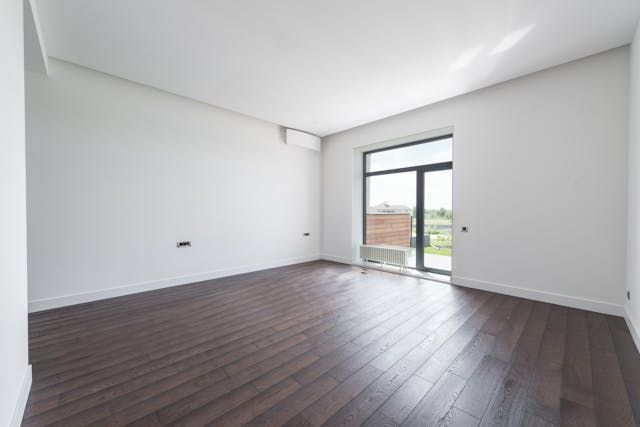
How To Avoid Water Damage to Your Property

Water damage to a property can result from maintenance issues like a leaking roof, faulty plumbing, etc. or natural reasons such as floods. Such damage can compromise a building's structure, electrical systems, furniture, personal possessions, and even the health of occupants. Hence, it is important to take preventative measures against water damage.
Listed below are some tips on how to protect your property from water damage:
- Regular Property Inspection: Regular property inspections help in identifying issues that could lead to water leakage. Places to check for signs of leakage are under the sink, dishwashers, washing machine, roof attic, etc. It helps in preventing issues like water stains, damp spots, and musty odors.
- Plumbing System Maintenance: Look for signs of wear and tear like cracks and leaks in pipes and faucets. Get them fixed immediately to prevent further damage. Things involved in the maintenance of plumbing systems include monitoring water pressure, avoiding the build-up of grease/oil in the drain, using drain covers, and flushing drains.
- Gutter Maintenance: Gutters require constant removal of dirt and vegetation to prevent water logging. Gutters with accumulated debris may lead to blocked drains and pooling of water, thus increasing the probability of leakage. Additional measures that can be taken to prevent choked gutters are installing gutter guards, trimming overhanging branches, and redirecting downspouts away from the property.
- Proper Drainage: An important aspect of property maintenance is to ensure that the water drains properly from your property. This prevents it from seeping into the foundation of the building. You may consider installing a drainage system, adding a slope to your yard, or creating a catch basin to collect water around the foundation.
- Prevent Freezing of Pipes: If your property remains unoccupied for a long duration, it is advisable to hire a property manager to ensure the pipes do not freeze in winter. You may also get a smart thermostat installed to keep the minimum temperature constant and prevent freezing damage. Exposed pipes should be insulated.
- Swift Handling of Concerns: The key to preventing water damage to your property is to address an issue as soon as it arises. This prevents further damage and combats problems like warping of roof, mold, stains, pest infestation, and so on.
- Hire a Property Manager: Property managers play an important role in managing a rental property for owners. The services include conducting regular inspections and performing maintenance as and when needed.
Taking proactive measures to avoid water damage to your property is important as it saves you from unexpected expenses in the long run. For more information on the benefits of property management services, visit Hunter Rentals & Sales at 1503 W Stan Schlueter Loop, Killeen, TX 76549, United States. You can also call 254-634-3311 or visit www.hunterrentals.com







